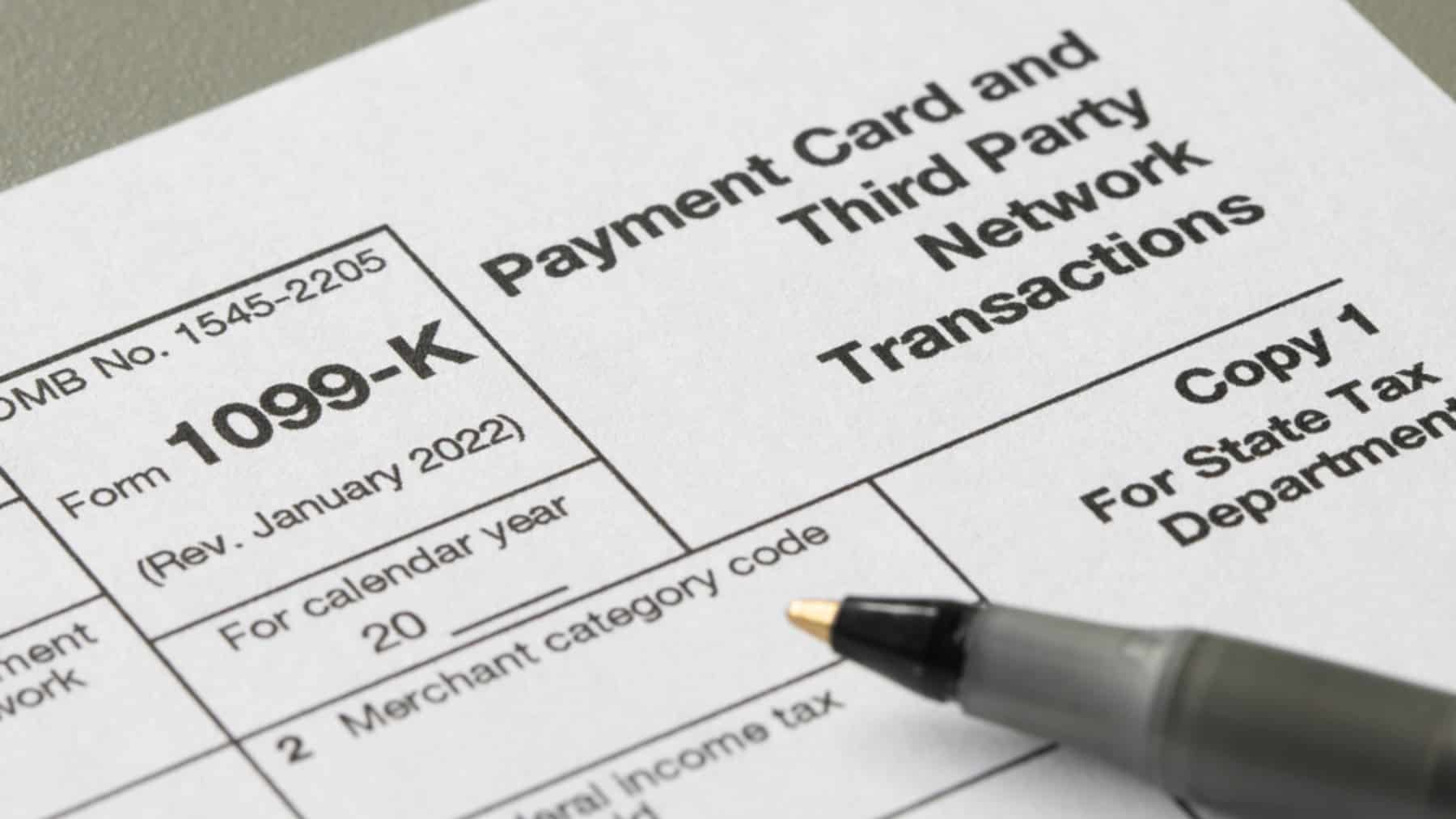As a result of President Donald Trump’s “Big Beautiful Bill”, a new law has been passed through which retirees, or those over 65, will be able to enjoy a tax break called Senior Bonus, through which they will see a reduction in the amount of taxes they have to pay to Social Security each month. This legislation has passed both the House and Senate, although some details are still being debated between them, as no agreement has been reached.
Howard Gleckman of the Urban-Brookings Tax Policy Center argues that the deduction should be applied on the basis of hardship, since these are people who need more help. Although on the surface this relief may seem positive, the Committee for a Responsible Federal Budget (CRFB) would cost about $30 billion a year, which would further accelerate the depletion of Social Security funds. What would this mean? Medicare funding could also run out by 2030, ahead of schedule.
Senior Bonus
Within the measures of the new Big Beautiful Bill proposed by President Trump, there are measures that, a priori, are positive. After the bill was introduced by the Senate and approved by the House of Representatives, it is now under debate to finalize certain details.
One of the measures still under debate is the tax reduction for retirees. It has been called the “senior bonus”, and is intended for those over 65 years of age. The exact figures have not yet been determined, since the Senate is proposing that the maximum deductible amount be $6,000, while the House of Representatives is voting for $4,000. However, whichever figure is decided, this bonus will only be valid for three years, from 2025 to 2028.
Who is eligible for this bonus?
There are several requirements that must be met in order to qualify for the retirement deduction, especially income limits. The main consideration is modified adjusted gross income (MAGI). The standards were as follows:
- Individuals with maximum MAGI of $75,000.
- Couples filing jointly $150,000.
As income goes up, the deduction percentage decreases. The Senate proposal would reach 6% while the House proposal would be 4%. According to the Tax Foundation’s estimates, those cases in which the individual income exceeds $175,000, or $250,000 in the case of couples, will not be accepted.
It is not a goodbye to taxes
If approved and put into effect, this measure means substantial benefits for retirees who fall within the eligibility requirements. However, it is not a total elimination of taxes as Trump promised in his campaigns, as this would be a utopian measure. Currently, Social Security beneficiaries pay taxes based on their so-called “combined income,” made up of their gross income, nontaxable income, and half of their SSA benefits.
seniorIf the sum of all of these exceeds $25,000 for individuals, their benefits were taxed. For couples, it may not exceed $32,000. According to Howard Gleckman of the Urban-Brookings Tax Policy Center, the seniority deduction is most effective for those who really need it. In his last interview he stated, “It’s better because it helps the people who need the help the most”.
Disadvantages
This measure would be welcomed by those retirees who have an average income percentage. However, experts explain that in the long term, this measure could pose a serious problem for Social Security and its beneficiaries. According to The Committee for a Responsible Federal Budget (CRFB) forecasts that the implementation of this new law, as well as the extensions of the 2017 tax cuts, will amount to a total of no less than $30 million per year.
The projections for Social Security funds already presented worrisome values; it is expected to run out in 2033. However, this new bill could bring it forward, reaching exhaustion in 2030, according to the CRFB, with an advance of 6 years. Despite the pros and cons that this new measure may have, we will have to wait for its implementation and operation to see what the reality will be for Social Security beneficiaries.
Find out which other increases will the retirees receive in 2026!




